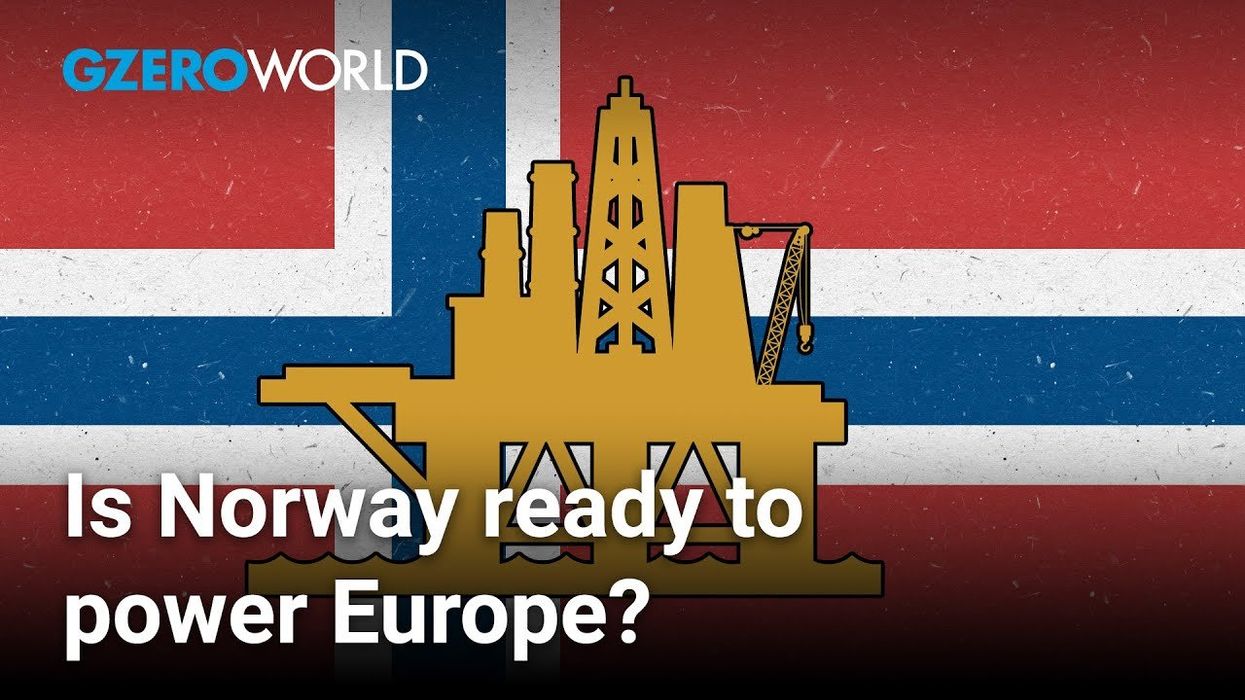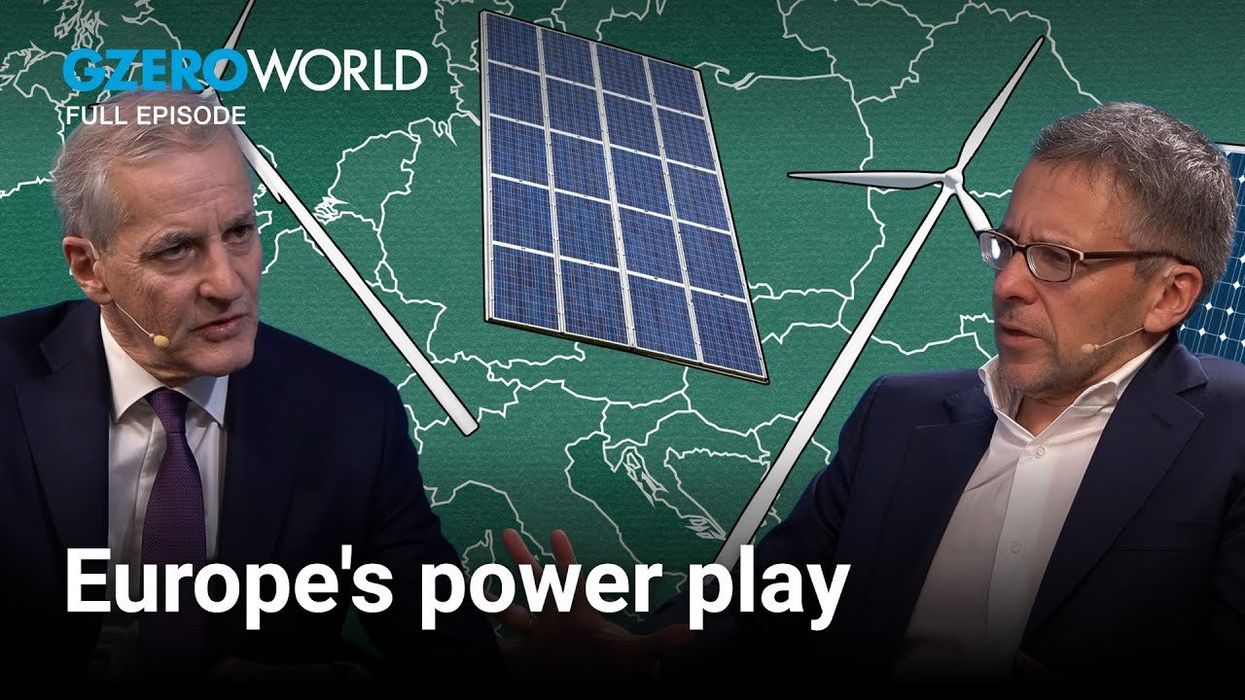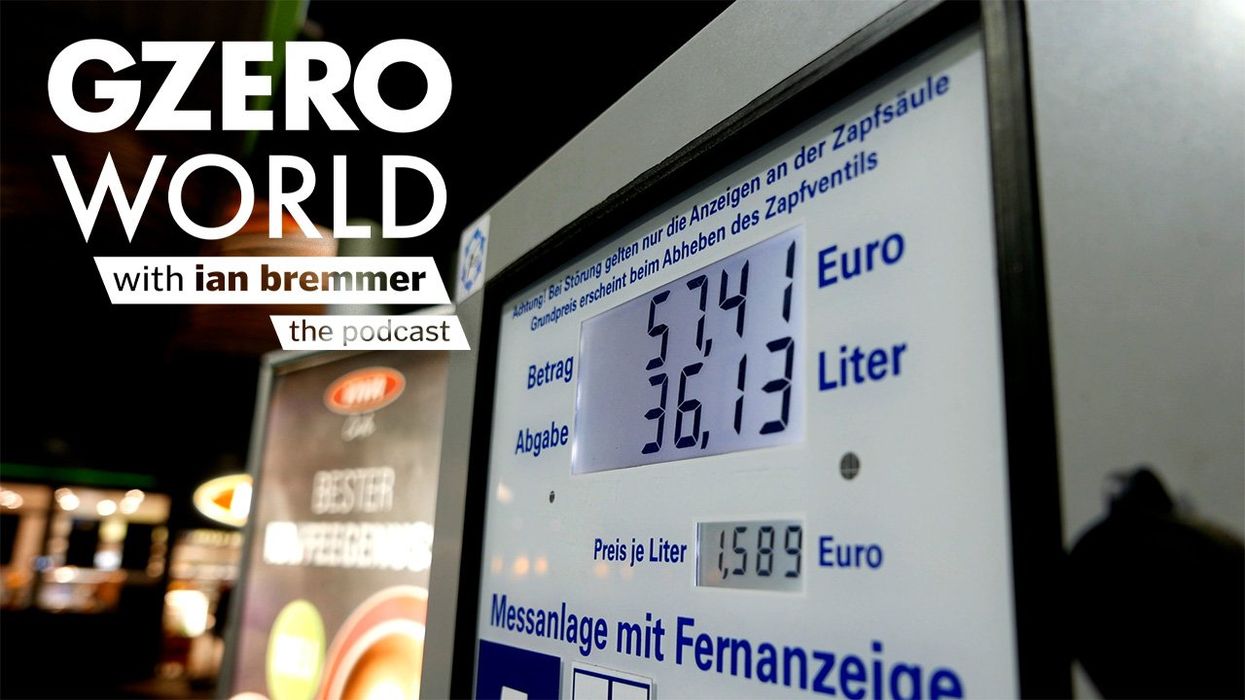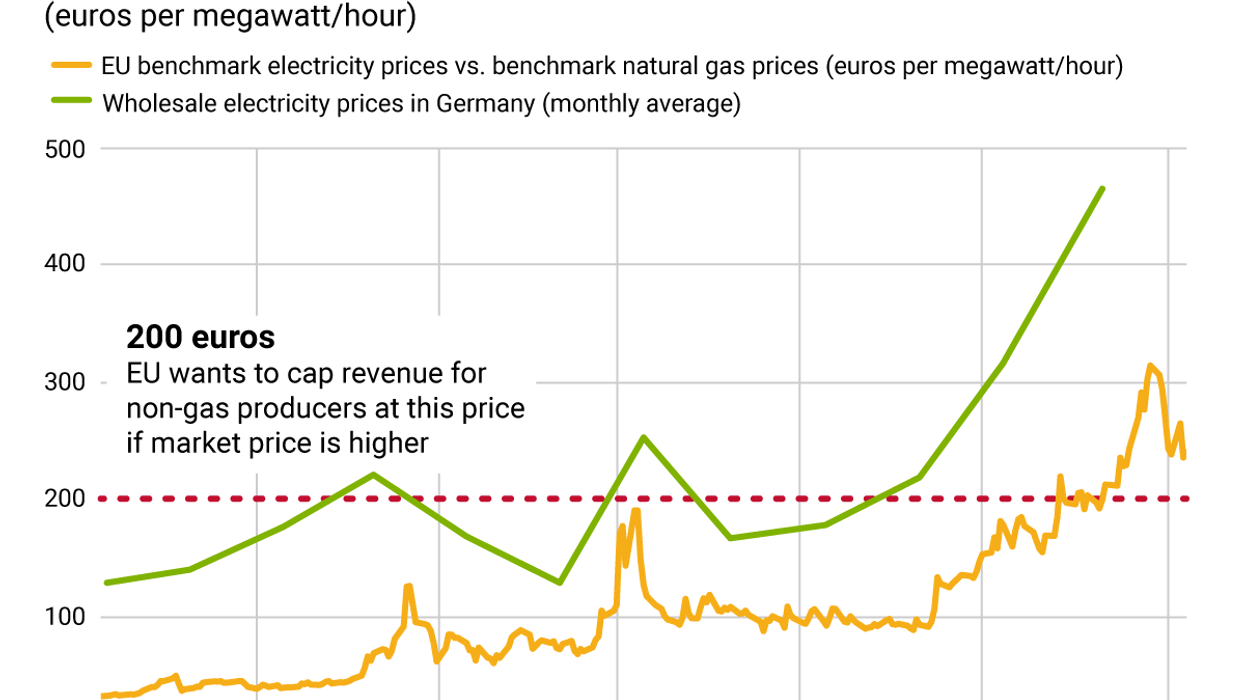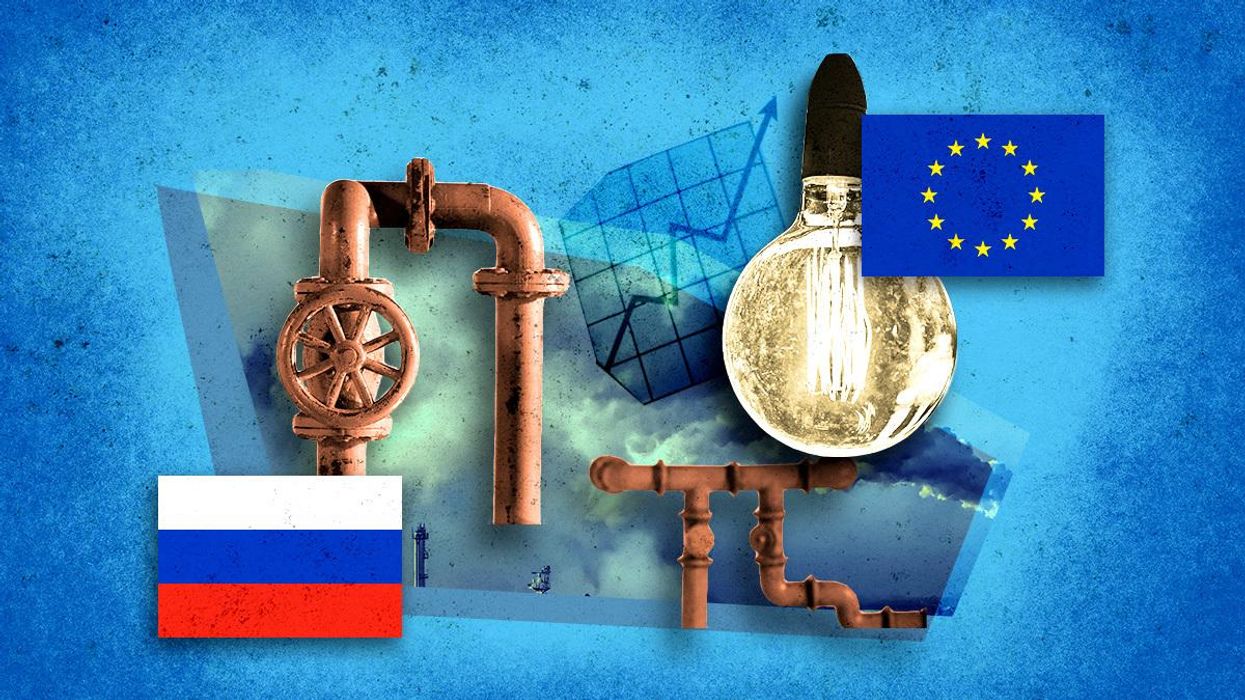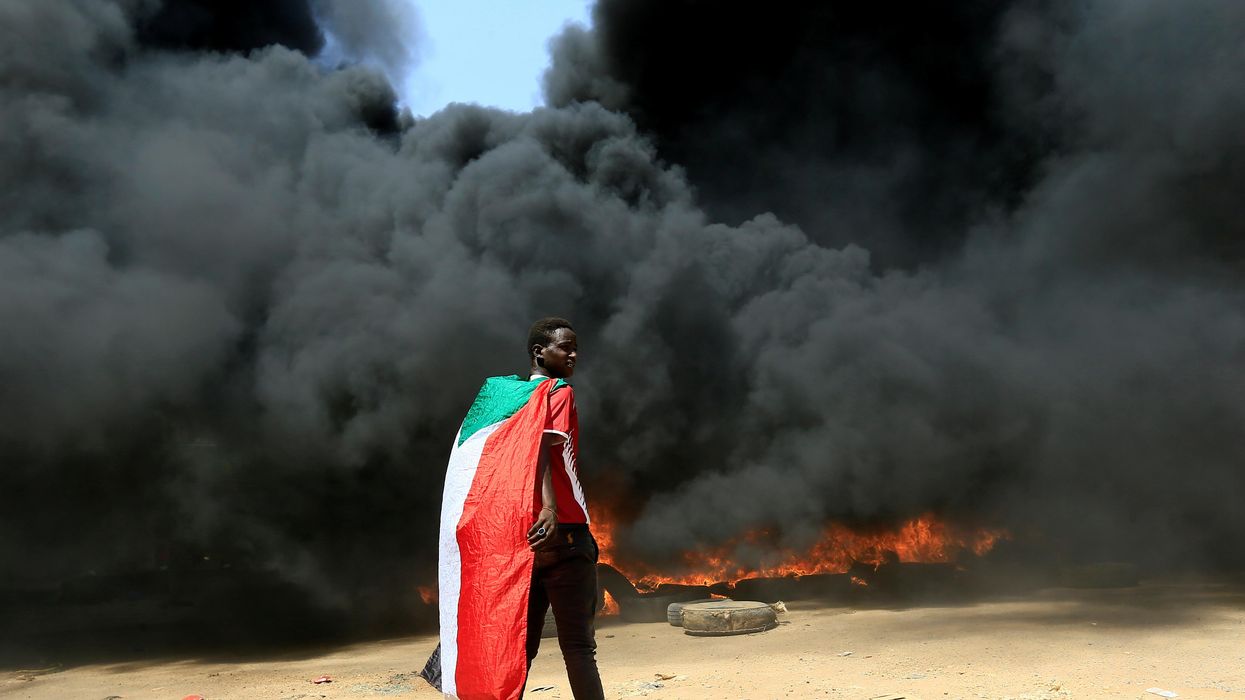GZERO World Clips
Norway's PM Jonas Støre says his country can power Europe
Norwegian Prime Minister Jonas Støre discusses the global energy transition's progress, emphasizing the shift from fossil fuels to renewables and highlighting the collaborative efforts required for meaningful climate action.
Mar 06, 2024
